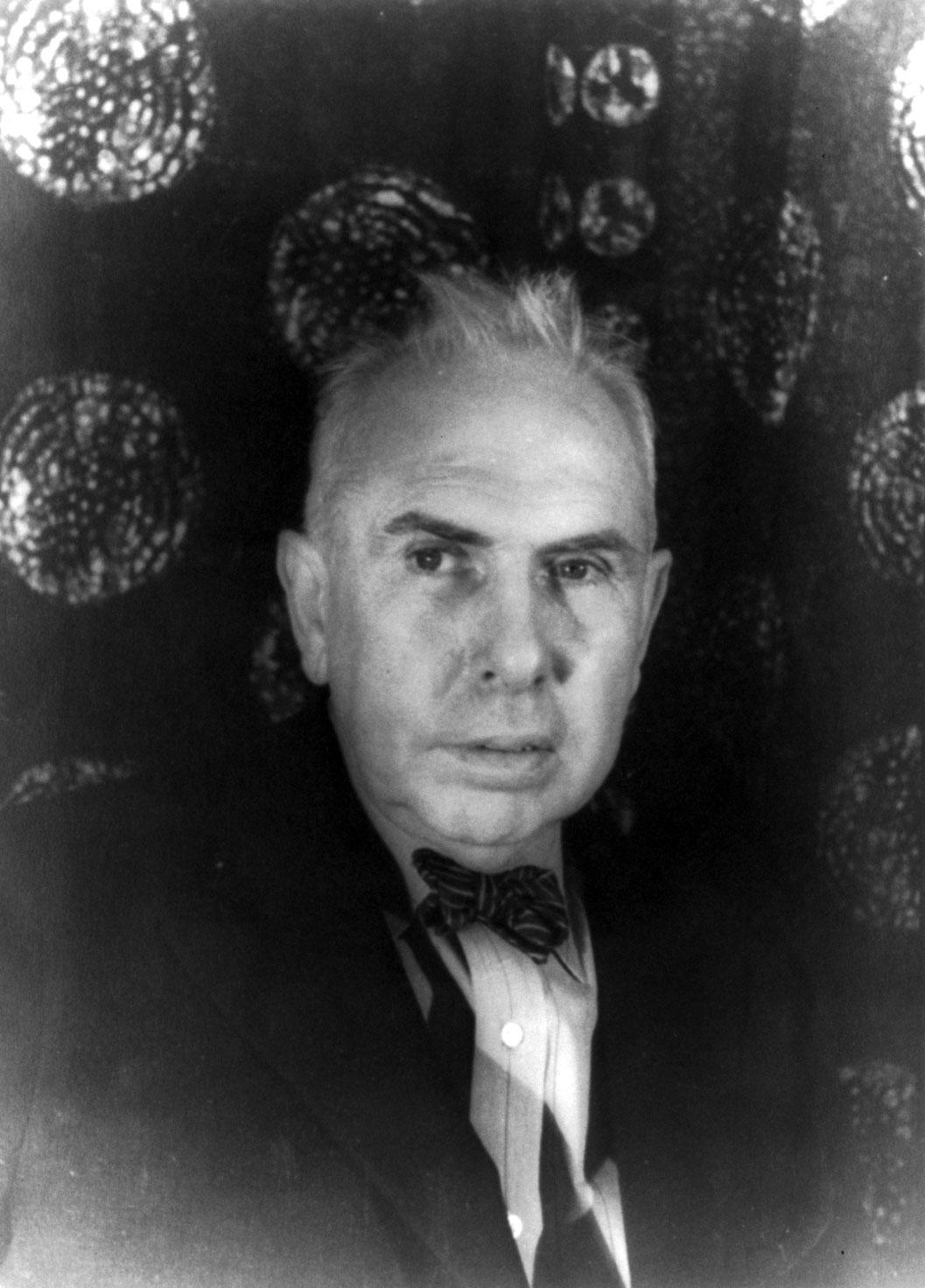Theodore Dreiser: Citations en anglais
Source: Sister Carrie (1900), Ch. 8 : Intimations By Winter: An Ambassador Summoned
Contexte: Among the forces which sweep and play throughout the universe, untutored man is but a wisp in the wind. Our civilization is still in a middle stage, scarcely beast, in that it is no longer wholly guided by instinct; scarcely human, in that it is not yet wholly guided by reason. On the tiger no responsibility rests. We see him aligned by nature with the forces of life — he is born into their keeping and without thought he is protected. We see man far removed from the lairs of the jungles, his innate instincts dulled by too near an approach to free-will, his free-will not sufficiently developed to replace his instincts and afford him perfect guidance. He is becoming too wise to hearken always to instincts and desires; he is still too weak to always prevail against them. As a beast, the forces of life aligned him with them; as a man, he has not yet wholly learned to align himself with the forces. In this intermediate stage he wavers — neither drawn in harmony with nature by his instincts nor yet wisely putting himself into harmony by his own free-will. He is even as a wisp in the wind, moved by every breath of passion, acting now by his will and now by his instincts, erring with one, only to retrieve by the other, falling by one, only to rise by the other — a creature of incalculable variability. We have the consolation of knowing that evolution is ever in action, that the ideal is a light that cannot fail. He will not forever balance thus between good and evil. When this jangle of free-will and instinct shall have been adjusted, when perfect understanding has given the former the power to replace the latter entirely, man will no longer vary. The needle of understanding will yet point steadfast and unwavering to the distant pole of truth.
Variante: How true it is that words are but the vague shadows of the volumes we mean. Little audible links, they are, chaining together great inaudible feelings and purposes.
Source: Sister Carrie
“How true it is that words are but the vague shadows of the volumes we mean.”
Source: Sister Carrie
“Art is the stored honey of the human soul, gathered on wings of misery and travail.”
"Life, Art and America", in The Seven Arts (February 1917)
On the Banks of the Wabash (1896), chorus; this song as a whole was written by Dreiser's brother Paul (known as Paul Dresser); but Dreiser stated that "I wrote the first verse and chorus", in A Hoosier Holiday (1916) Ch. XLIII: "The Mystery of Coincidence".
“I acknowledge the Furies. I believe in them. I have heard the disastrous beating of their wings.”
"The First Voyage Over," The Century Illustrated Monthly Magazine (August 1913); later published in A Traveler at Forty (1913), ch. I: "Barfleur Takes Me in Hand"
The Genius (1915) The University of Illinois Press, 2004, ISBN 0-252-03100-8, p. 734
Intended last words, as told to H. L. Mencken. "When Dreiser wrote that he had already framed his last words — 'Shakespeare, I come!' — and asked Mencken what his would be, Mencken replied acidly, 'I regret that I have but one rectum to leave to my country.'" - William Manchester, Disturber of the Peace: H. L. Mencken (1951) University of Michigan Press, digitized (28 January 2007), pp. 109-110
